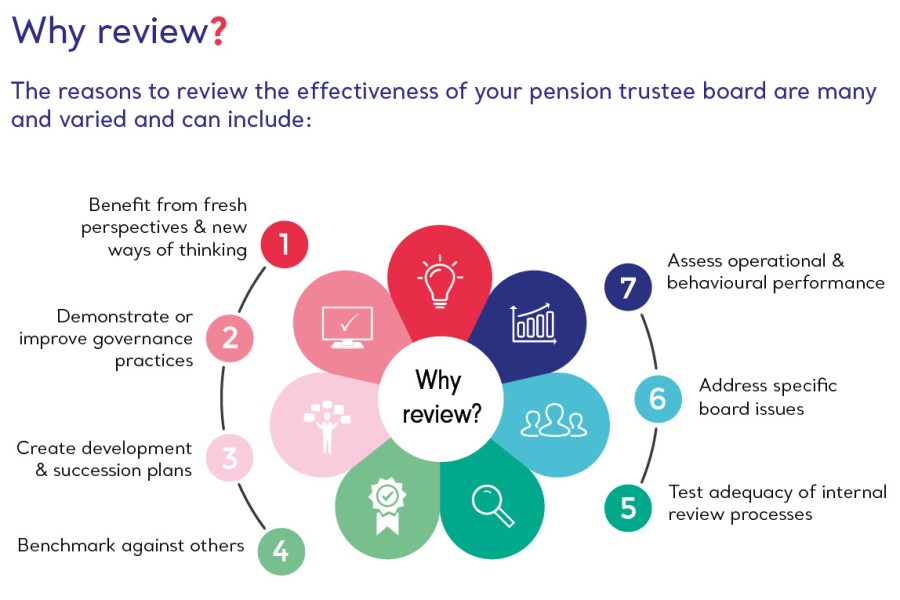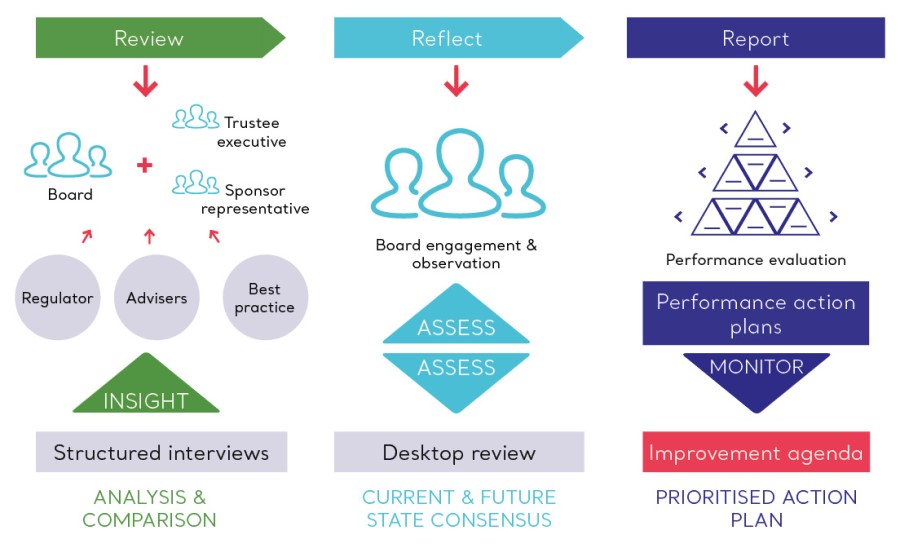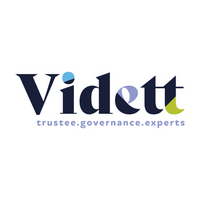Three ways HR can lead on pension trustee effectiveness

In its 21st century trusteeship campaign, The Pensions Regulator aimed to shift focus to individual trustee and board effectiveness. Having taken a look at how far pension trustees have come on their effectiveness journey, the answer is, “not as far as we’d all hoped”.
What can HR do to help?
Our recent survey highlighted three key areas where things aren’t going so well. HR could be central in driving improvement in each.
1. Too few pension trustee boards are assessing their performance, and those that do are not doing so very effectively
Only 56% of trustee boards currently assess their performance. Of these, only 31% feel their review process is very effective. Room for improvement? I think that’s a yes! As you might expect, there is a big/small scheme divide. Only 22% of small pension schemes assess performance, compared to 79% of very large schemes.
For your company’s main board you probably have in place some form of review combining a collective board assessment and individual board member performance review. Exactly the same type of approach could – and should – apply for your pension trustee board. Given the technicalities and legal requirements around pension trusteeship, it may be beneficial to get some independent expert help with a trustee board effectiveness review.
2. Fundamental basics aren’t being achieved by all trustees on a board
31% of trustee boards can’t say they are very effective. Areas with the greatest room for improvement are building effective working relationships with the scheme sponsor and asking the right questions to challenge advice.
Improvement at the individual trustee level will drive improvement in overall board effectiveness, so we also looked at vital characteristics for an individual to be an effective trustee. We’re talking about common sense things like being well prepared for meetings and actively participating in discussions, as well as must-haves like understanding the strategy and direction of their pension scheme. The results are quite concerning:
- only 46% could agree all their trustees actively participated in discussions at meetings
- less than one-half could agree all their trustees are well-prepared for board meetings
- only 58% could agree all their trustees understand the strategy and direction of the pension scheme.
You can help develop a core skills matrix for your pension trustees and introduce tools for regular self-assessment and 360 degree reviews – just as you do for employees in their everday roles.

3. Start as you mean to go on – boards are less effective when there’s no formal process for bringing on board new trustees
Only 15% of boards with no formal process for bringing on new trustees can strongly agree all board members understand the strategy and direction of the pension scheme. Although most pension trustee boards do have a formal process for bringing on new trustees, one in 10 don’t (double for small schemes). For those that don’t we discovered a few worrying facts:
- fewer assess board performance
- board effectiveness is less highly rated
- characteristics of a good trustee board are rated much lower – for example, building effective working relationships with the scheme sponsor
- ratings for individual trustee characteristics are also significantly lower – including understanding the strategy and direction of the pension scheme and those being well prepared and active participation fundamentals.
This really does demonstrate the truth of that ‘start as you mean to go’ on adage.
We all know the importance of a good, solid induction for new staff and the need for ongoing training and development. It is just the same for your pension trustee. If you don’t formally include them within your training and development programme, they may fall down a crack – and a lack of knowledge and understanding amongst trustees could mean trouble from The Pensions Regulator.
Read more on our survey findings into The Effectiveness of Pension Trustee Boards.
This is a promotional article provided by Punter Southall Governance Services.
In partnership with Vidett
Leading the way in professional trusteeship & governance







